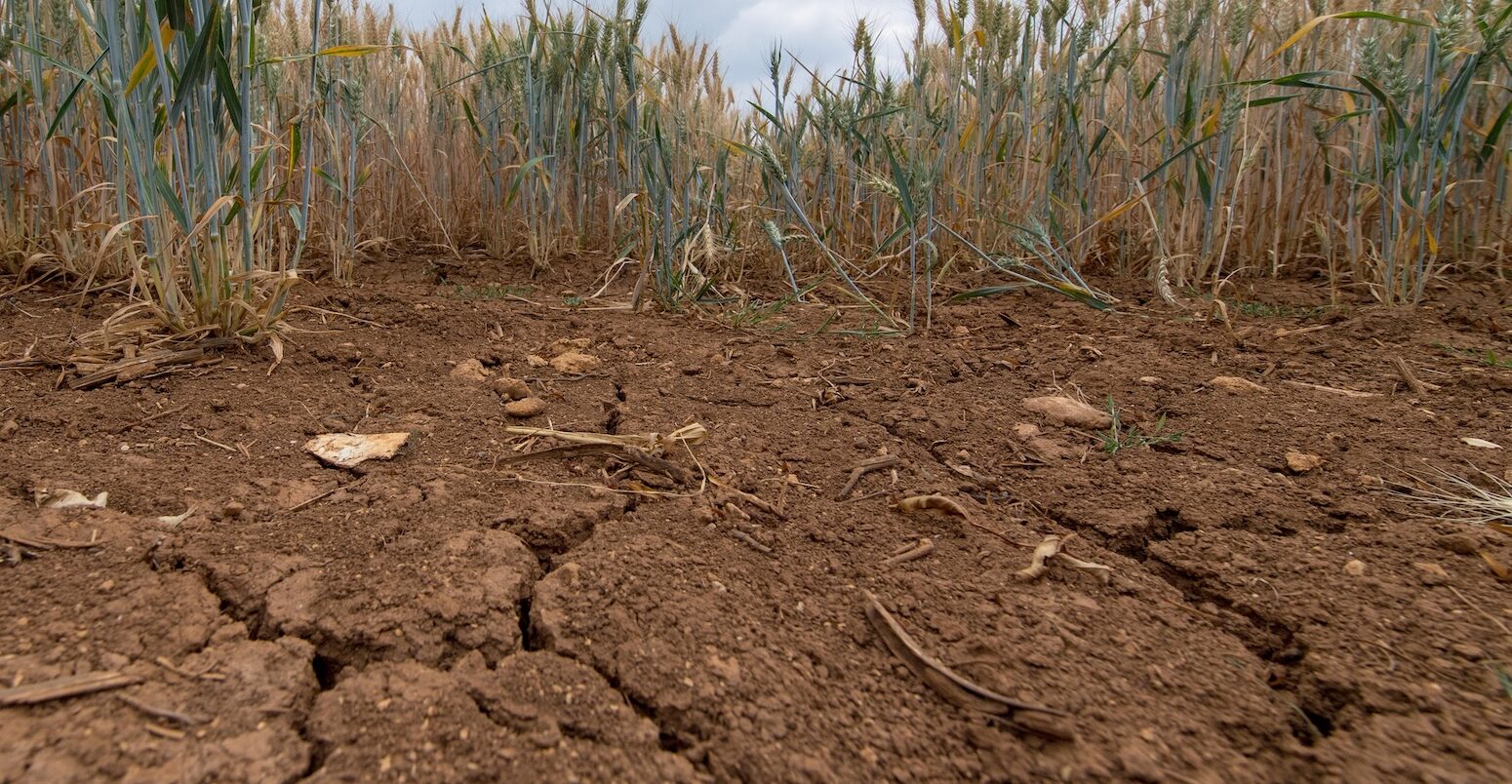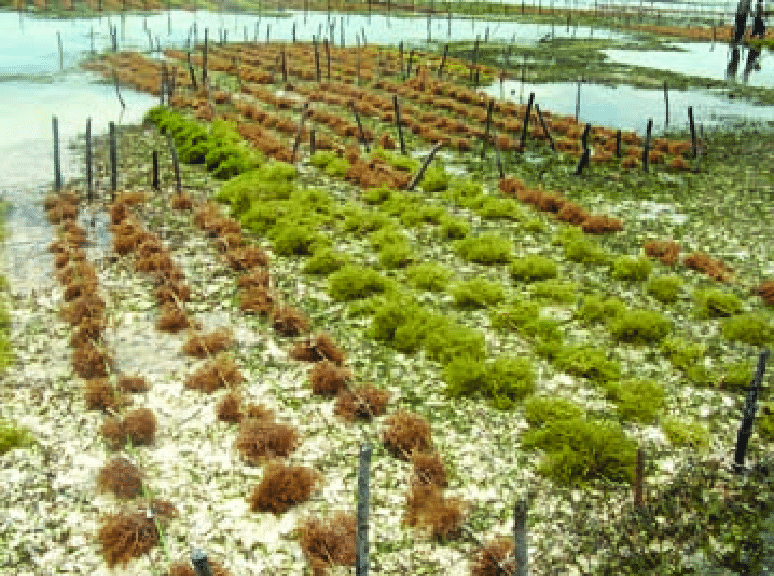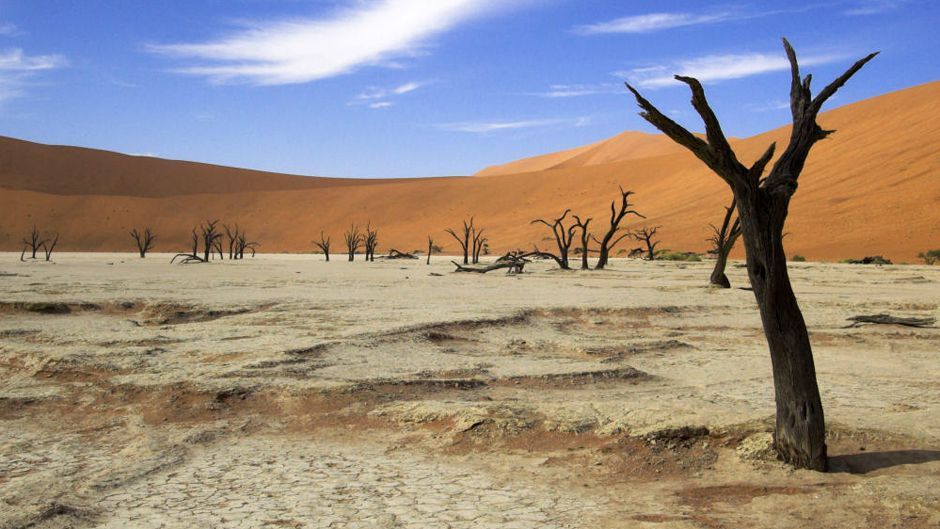Fifty-nine percent of Sub-Saharan African urban populations live in informal settlements (UN-HABITAT 2019), expected to triple by 2050. Despite an increase in improved housing from 11% to 23% between 2000-2015, 53 million urban Africans were still living in unimproved housing in 2015, often in hazardous sites such as riparian corridors and on steep slopes (Shatterthwaite et al. 2018, Tusting et al. 2019). Complex natural and socio-cultural dynamics, combined with climate variability, severe and persistent drought, extreme rainfall and heatwaves, expose much of the population to high levels of risk, and threaten ecosystem functioning (Thorn et al. 2015, Dodman et al. 2017, Shatterthwaite 2017). Ecosystem-based solutions in the form of ecological (or green) infrastructure (EI or GI) have emerged as spatial planning tools for ensuring functional networks of natural and semi-natural areas. They demonstrate the importance of ecological systems as part of the infrastructural fabric that supports and sustains society and builds resilience (Harrison et al. 2014, Lindley et al. 2018, Cilliers 2019). Yet, informal urbanisation continues to intrude upon and undermine ecological space (e.g., illegal dumping, open defecation, criminality), while encroachment on formal green spaces that can be of ecological importance (Adegun 2019), especially urban parks, is common (Bhattacharya 2014, Israt and Adam 2017). Most research on UGI outcomes to enhance climate resilience has been conducted in formal settlements in the Global North, while the unique sociocultural context, and spatial challenges in Sub-Saharan Africa means that Africa must not necessarily emulate Western models of green infrastructure planning.
The Urban Ecolution research programme is ongoing in Namibia, and Tanzania, supported by Climate Research 4 Development implemented by the African Academy of Sciences (AAS) in partnership with the United Kingdom’s Department for International Development (DfID) Weather and Climate Information Services for Africa (WISER) programme and the African Climate Policy Center (ACPC) of the United Nations Economic Commission for Africa (UNECA).
We seek to support four MSc projects with a bursary of R40,000 each. The call is open to both full time dissertation and coursework students registered for the 2020 and/or 2021 academic years, including late registering students.
Awarded proposals would be expected to be translated into peer-reviewed publications and students would be exposed to the wider network and programme of work in Urban Ecolution. We invite master’s students to submit MSc proposals related to, but not limited to, the following topics:
- The effectiveness of incorporating ecological infrastructure in informal settlement upgrading;
- Linking ecological infrastructure and health for climate resilience in informal settlements, with a focus on sanitation and water;
- Environmental migration, rural-urban linkages and resource flows across the rural-peri-urban gradient using the approach of securities in the water energy food nexus;
- The role of biodiversity in supporting resilience to climate change in peri-urban settlements;
- A geographic analysis of the distribution of informal settlements in flood prone regions in the face of climate change;
- Economic valuation of ecological infrastructure in informal settlements; and
- Urban public policy and how it incorporates ecosystem-based adaptation in informal settlements.
In light of the current COVID-19 global situation, we suggest proposals are geared towards novel desk-based. online, or communication device-based research, with a plan on how to expand into fieldwork should it become possible within the timeframe.
Please send a proposal by the 12th of June 2020, including a title, problem statement, objectives, research methodology, research activities, time schedule, a risk assessment and references in 3-5 pages, and any questions to Dr Jessica Thorn: jessica.thorn@york.ac. uk.
African candidates must be enrolled in a master’s course in the natural, social, physical, engineering, life, mathematical, of architectural and planning sciences.
More information can be found here: http://www.acdi.uct.ac. za/green-urban-infrastructure- peri-urban-areas-sub-saharan- africa and http://www.acdi. uct.ac.za/peri-urban- resilient-ecosystems-pure.




